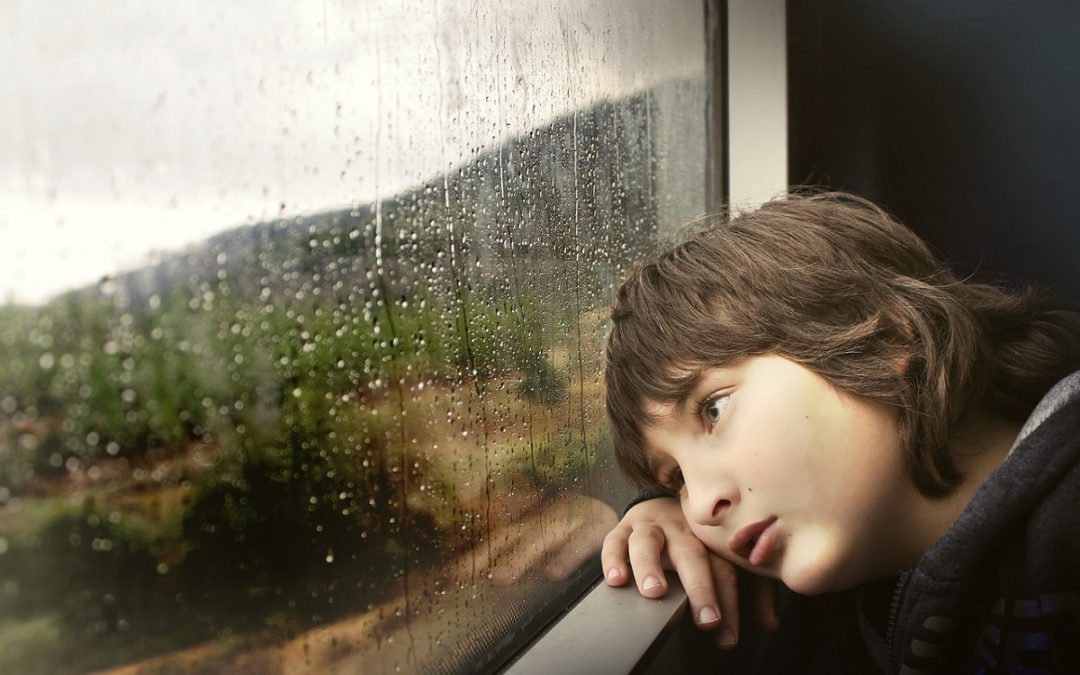By Dr. Brandi L. Klepper as part of the Ask Dr. Klepper
It’s a familiar refrain in the midst of winter break. Or during summer break. Or during school. Or at Disney World.
Many gifted kids complain of boredom in a variety of contexts. Parental responses tend to vary. Some parents move into a frenetic state of trying to fix the boredom, offering various activities, maybe stopping what they are doing to engage the child. Some parents offer solutions that include activities such as cleaning the bathroom or bedroom, an attempt to get the child to solve the boredom problem alone or complete a chore. Some parents simply tell their child to find something to do. Regardless of parental response, boredom is typically viewed as a complaint that demands resolution.
There is research to suggest that there are different types of boredom, and that boredom isn’t necessarily bad, even though it tends to be experienced as a negative state. Sometimes individuals are bored by a particular event (e.g., a particular lesson in math class); sometimes they are bored of a general event (e.g., math class in general), and sometimes they are just bored of life (Heidegger in Hammer, 2004). There is also evidence, though, that boredom can increase creativity and productivity, such that “…it might be a worthwhile enterprise to allow or even embrace boredom in work, education, and leisure” (Mann & Cadman, 2014). Clearly our responses as authority figures ought to depend some upon what type of boredom is being experienced.
Often enough, though, what is being experienced as boredom is actually something else. Likely contenders are fatigue, loneliness, hunger, lack of active entertainment, or even just feeling calm. Again, how we respond as grownups ought to depend on what is actually occurring within the child.
So, what is a parent to do? Investigate the causes of boredom. Help children understand what is happening; self-knowledge and self-understanding are remarkably valuable. At times, it is prudent to talk about boredom itself. Offer education, your own experiences of boredom, and hypotheses about what might be occurring. Help them develop insight such that they can better understand and articulate what is happening – “I feel bored; typically, really that means I’m tired and can’t muster the energy to do anything.” Or, “I feel bored, but it’s really a lack of motivation because I don’t want to do what I should do… so, I’m feeling a lack of motivation” (more to come on motivation in a later article). Teach some self-responsibility regarding boredom; get children to stop and enjoy the lack of stimulation, or create something to do, or invest in what is going on despite lack of interest, or engage in whatever (appropriate) fashion works. Help them recognize they can’t rely solely on others to “fix” an internal state; they can’t expect to be consistently engaged and entertained. There is a balance, though, when it comes to school; some of their boredom is their own responsibility, but school boredom may require student or parent advocacy for a more engaging curriculum. Whatever the case, it is wise to remove the stigma of boredom and welcome some of it into life.
As parents we find ourselves in the directive and problem-solving role – making sure our kids have the right nutrition, education, medical care, parenting, and general emotional, cognitive, and physical support. Sometimes as parents, we get so caught up in solving the problem, that we lose sight of what the problem actually is. It’s akin to the old joke where Joey comes home from school and asks his mother where he came from; his mother was prepared for this and already had purchased a book for when the day arrived. She sat down with Joey, read from the book and educated him about the birds and the bees. Ultimately, she leaned back and asked him if he had any questions. Joey responded with, “Uh, ok, I just… Carter came from Iowa, and I was wondering where I came from.”
Is the problem boredom? Or, is the problem how they are approaching boredom, or how they are understanding themselves? Most parents want their kids to be autonomous human beings at some point in time. Boredom is one of those arenas wherein we can help equip them to be autonomous, helping them to help themselves instead of taking that opportunity away from them by “fixing” their internal distress.
(Article based on a co-presentation and co-research with Dr. Kristofor Wiley.)

